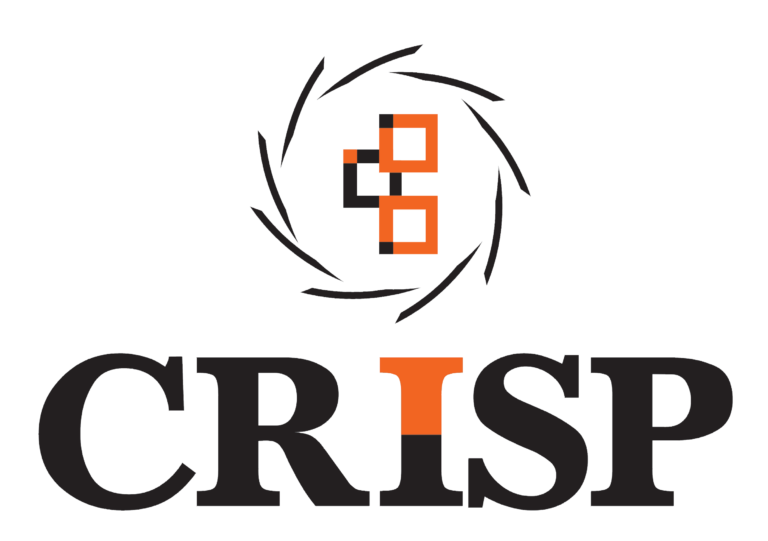
To improve the performance of agricultural research, many international and national research organisations have embarked on impact assessment exercises. These exercises have estimated technology adoption and economic rates of return to research investments. Such exercises in ICAR have contributed to accountability, and provided evidence on whether public funds have been spent judiciously. However, for evaluation to be effective, it must encompass both accountability and learning objectives. It appears that less emphasis has been given to the latter. Hall et al (2003a) state that impact assessment efforts (in international research arenas) have not yielded desired results because of the weak diagnostic power of commonly used impact assessment techniques. These techniques fail to recognise research as a complex process of interactions shaped by the habits and practices of those involved which are critical for improving research performance
